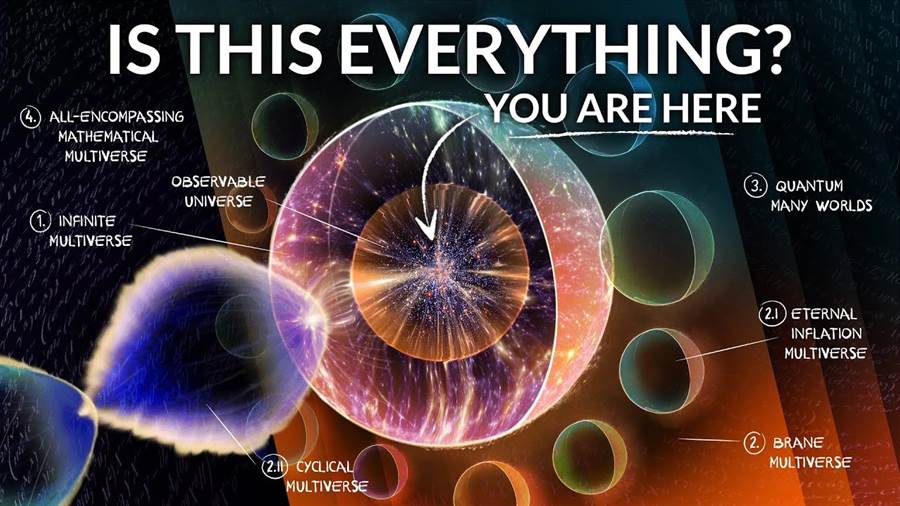
The concept of multiverses has long sparked the imagination of scientists and philosophers alike, but pinning down the exact number of existing universes remains an elusive task. While the idea of a single universe is widely accepted, the possibility of multiple parallel universes has gained increasing traction in the scientific community.
One theory that suggests the existence of multiple universes is inflationary cosmology. According to this theory, the universe underwent an incredibly rapid expansion just moments after the Big Bang. This rapid expansion created pockets or bubbles within the universe, each potentially containing its own distinct universe.

Another theory that supports the existence of multiverses is string theory. This ambitious branch of physics posits that the fundamental particles that make up our universe are actually tiny, vibrating strings. These strings exist in a higher-dimensional space known as the "bulk." Within this bulk, there may be an almost infinite number of different configurations, each representing a different universe.
Despite the tantalizing possibilities put forth by these theories, it is crucial to emphasize that direct empirical evidence for the existence of multiverses remains elusive. Presently, scientists rely on mathematical models and indirect observational data to support their conjectures. As a result, the precise number of multiverses, if they do indeed exist, remains a mystery.
Additionally, the concept of multiverses raises intriguing questions about the nature of existence and reality. If multiple universes exist, are they all governed by the same laws of physics? Are there fundamental constants that remain consistent across all universes? Exploring these fundamental questions pushes the boundaries of scientific inquiry and challenges our understanding of the universe we inhabit.
In conclusion, while the existence of multiverses is a captivating idea supported by various scientific theories, the exact number of universes beyond our own remains unknown. The concepts of inflationary cosmology and string theory provide plausible explanations for the existence of multiple universes, but empirical evidence is still lacking. As scientists continue to delve into the mysteries of the cosmos, the exploration of multiverses promises to remain a captivating and mind-boggling endeavor.








